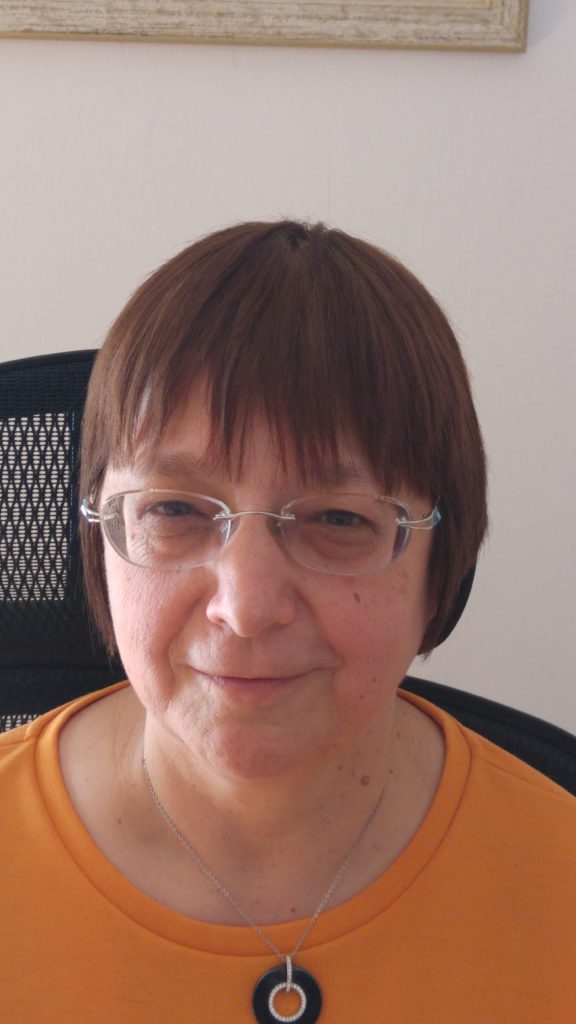Developments at the Hebrew University of Jerusalem’s school of social work will help address Israel’s emerging social needs when it comes to people with disabilities, the haredi community and those who hold leadership positions in civil society organizations.
Mimi Ajzenstadt, dean of the Paul Baerwald School of Social Work and Social Welfare at Hebrew U, was in Toronto last month to meet with potential academic partners and donors and inform the community about the developments and expansions at the school.
In an interview with The CJN, Ajzenstadt explained that in an effort to better serve Israeli people with disabilities, the school is establishing the Centre for the Study of Disabilities to examine the issue beyond a medical and psychological lens. Through the centre and the disability studies program, students will help people with disabilities integrate better into Israeli society by learning to focus on individuals and consider their family, community and policies.
READ: ARE WE PLACING STUMBLING BLOCKS BEFORE THE DISABLED?

“There are some really good laws and regulations, but the people who have to administer them and work with them are only now starting to understand what it means – not only the disability, not only the causes, but the social impact, or the social framework, or the social context. What does it mean to live with the stigma? How does it impact your family members?” Ajzenstadt said.
“Israel is now moving into a stage that is starting to acknowledge that people with disabilities are regular citizens and deserve all the same rights, of course, but at the same time, they deserve that many obstacles will be removed so they can be part of society… They will join the army, go to school, to university, and be part of the labour market.”
Another initiative Ajzenstadt is promoting is the inauguration of a social entrepreneurship teaching program for graduate students holding leadership positions in civil society organizations and NGOs.
“There are a lot of organizations in the private or NGO market that take care of people with disabilities, but there is no solid program that teaches students what to do… about all the social, cultural and political issues [involved].”
The teaching program will incorporate a social entrepreneurship accelerator that will foster academic co-operation between students from the social entrepreneurship program and students from other disciplines across the university.
Ajzenstadt said the social work school is a microcosm of Israeli society in itself – with a student body that’s represented by the immigrant community and the Arab community – and it’s gaining popularity with the haredi community as well.
With about 30 haredi students currently enrolled in social work, she’s confident their involvement in the field will help address social challenges in that community.
“It was very difficult to get to this community, because it is a closed community. They have their rabbis and their own regulations for the practice of life; and to seek professional advice, [that] didn’t happen on a regular basis,” she said, adding that having haredi professionals working in the field can be a “good linkage or bridge between our school and the haredi community.”
She said one of the purposes of her Toronto visit was to meet with members of the haredi community to gain some insight into how to better serve Israel’s community.
“We need to do more research, we need to give special courses that actually speak about the haredi community and their needs and how to adjust the social work practices to their community… When it comes to disability studies, I can see what other schools are doing throughout the world. But here, this is something new.”
Another of her aims during her visit was to further “internationalize” the school by partnering with the University of Toronto.
READ: ACTIVITIES FOR SPECIAL NEEDS YOUNG ADULTS LACKING – PARENTS
“It’s not surprising that we want to establish good collaborations with them because we are both leading social work schools and we share many ideas… we look at social justice and human rights through social work,” she said.
“This time, we formally signed a student exchange agreement between both faculties. It has to be finalized by the university authorities, but we already got the green light, so it is only a formality.”








